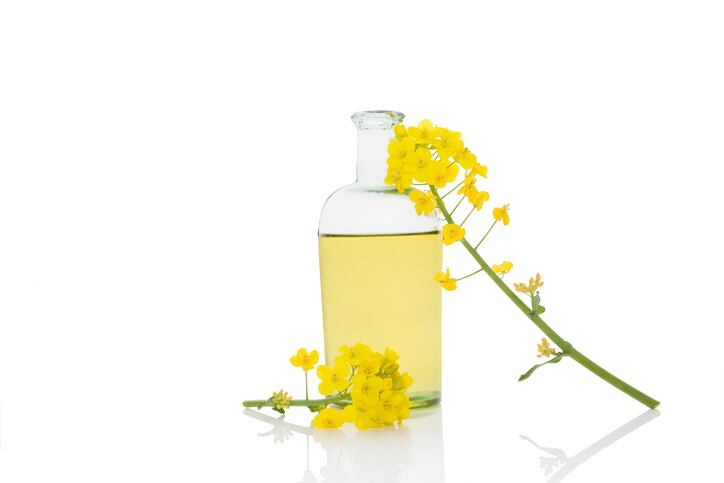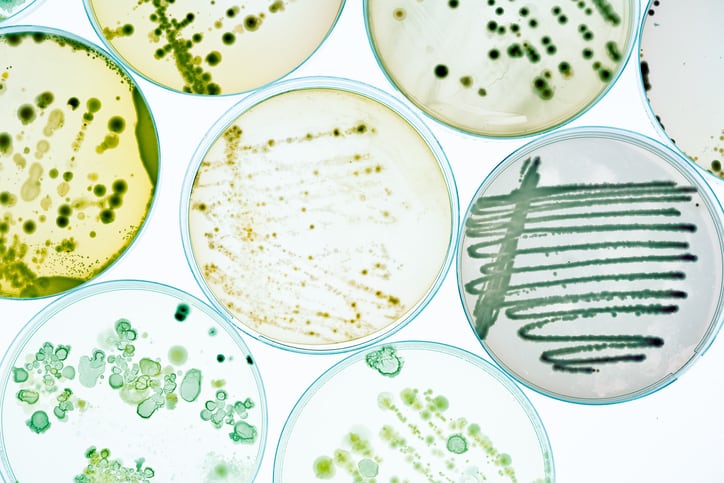The start-up wanted to raise €8m to build a commercial facility able to produce 1,100 tonnes of its biosurfactant per year. It hoped to close fundraising by the end of August this year and begin the commercial build by the end of 2021 or early 2022.
Richard Lock, managing director of Holiferm, said the commercial build was an important part of the startup’s longer-term vision.
“Our ultimate goal is to have multiple plants around the world, not necessarily operated by us; we want them to be run by others at that point. Our goal is to scale [our biosurfactants] to a fully commercial product, then let the big surfactant manufacturers get involved,” Lock told CosmeticsDesign-Europe.
Producing biosurfactants at the right price-point and scale
Founded in 2018, Holiferm had developed two biosurfactants from renewable food-grade virgin rapeseed oil feedstocks via a natural gravity separation fermentation process using yeast naturally found in honey. A semi-continuous process enabled it to produce the resulting green biosurfactant at good volumes and price points – important in enabling and encouraging wider uptake, Lock said. Holiferm had demonstrated production of 3-4 times more product than competitors from a given reactor, he said. For example, from a 10,000-litre bioreactor, Holferm could produce 15-20 tonnes of product in an eight-day batch compared to more typical levels of around five tonnes.
“There’s been a big drive in the need for change of surfactants. Biosurfactants have been on the market for a long time, but they’ve never been able to produce it on the price-point. We’ve come at it from a commercial side. Our goal is to bring that cost down,” he said.
“…The goal is about changing the view and the opinions of surfactant manufacturing but also changing the views of fermentation-style reactions because they’ve been perceived in the past as being complex and difficult and challenging.”
Pilot plant innovation and non-food grade recycled streams
The move to fundraise for the commercial scale-up of Holiferm’s biosurfactants came just behind the unveiling of its pilot plant at Sci-Tech Daresbury in the North of England, announced last month.
Lock said the pilot plant would be used to optimise current processes and create new product lines, using an open-door policy to encourage collaboration amongst wider industry. Future innovation efforts would include trying to valorise non-food grade recycled waste streams to develop biosurfactants and other biomaterials, he said.
“We believe you’ll get a better sustainability profile, quicker, if we move away from food-grade raw materials and use waste streams.”
Asked how big the wider promise was for biosurfactants in cosmetics and personal care, Lock – a polymer chemist by trade – said: “Massive because biosurfactants are huge for the personal care and cosmetic industry.”
“…The need is for us to become more transparent and listen to consumers and what the consumers are saying. The world is burning. If it’s not a pandemic, it’s a fire in Australia; if it’s not a fire in Australia, it’s an earthquake in Asia (…) Us, as a society, have started to damage the planet and you could argue that came from the chemical industry and industrial revolution. But now is the time to stand up, own it, and utilise technologies to reverse the trends (…) And I think biosurfactants are one of the places to do that,” he said.




